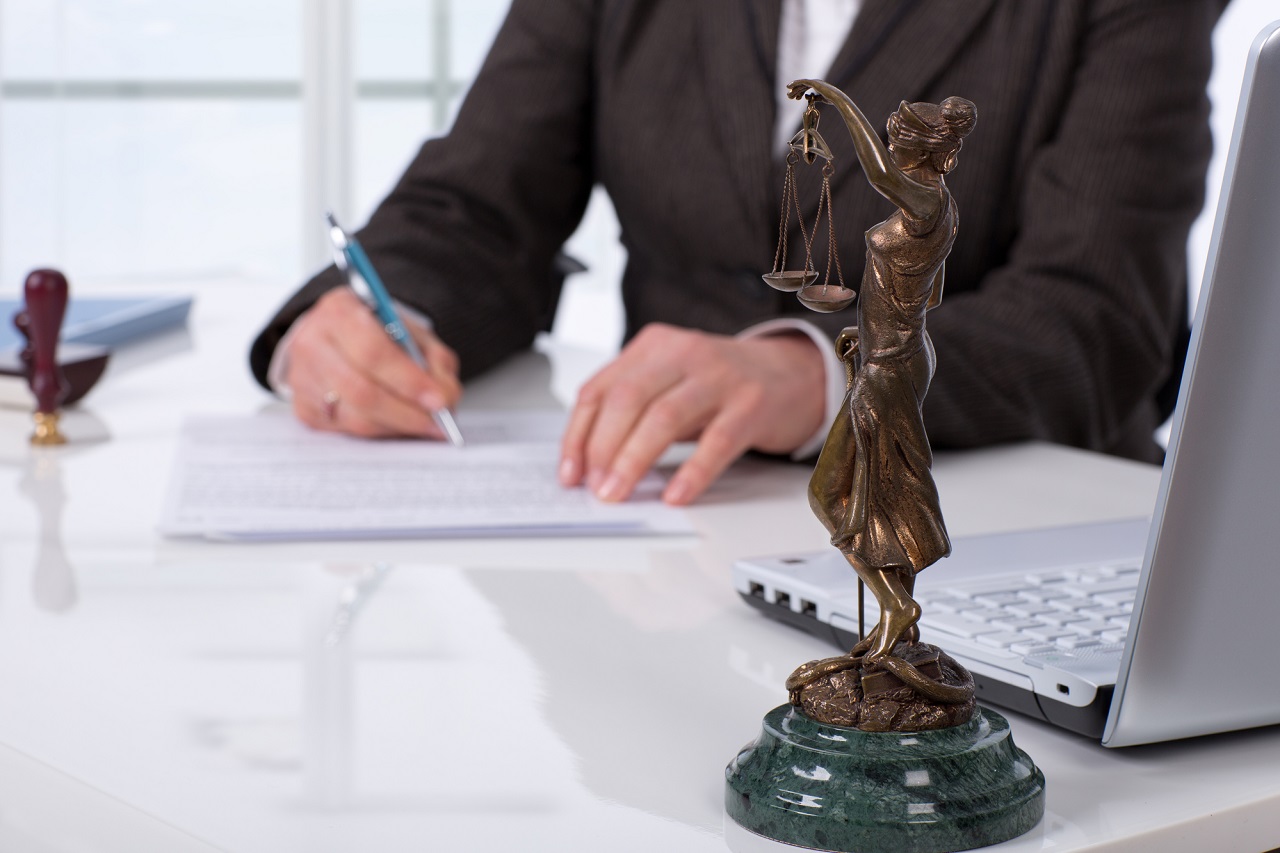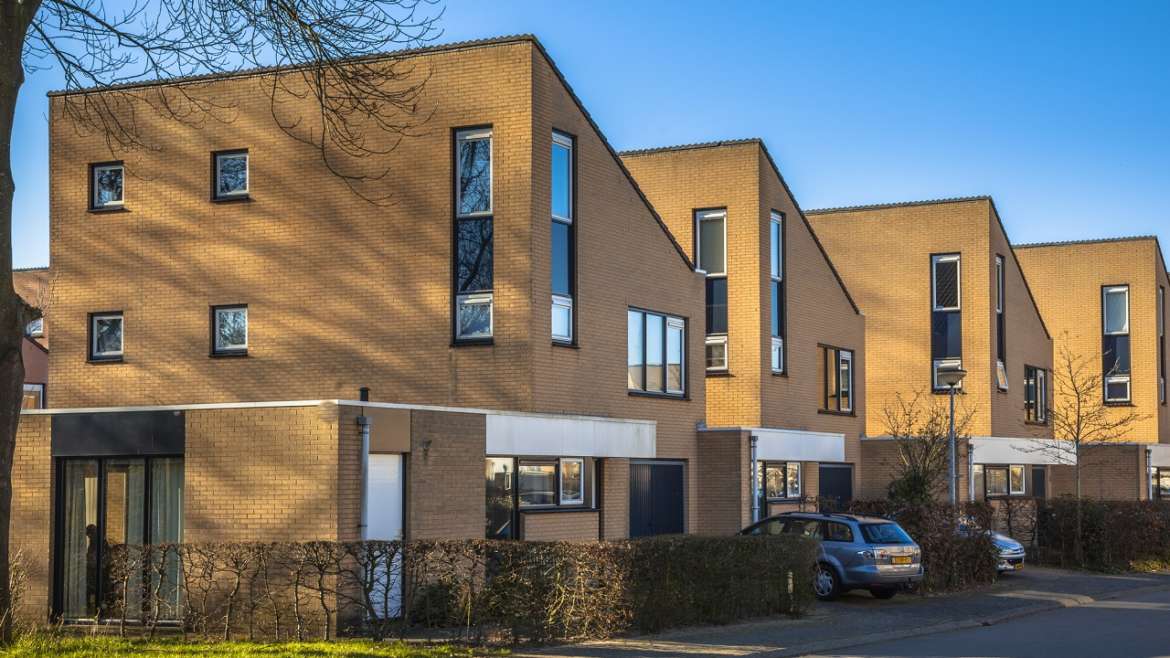Civil liability of homeowners’ associations
Owners of properties or developments have civil liability if they unfortunately cause damages to third parties as a consequence of mismanagement of common areas. In this sense, it is the duty of the owners to ensure the proper functioning and conservation of the construction elements.
This liability implies that damage may be caused to the things that make up the community or personal injury, including death. With this in mind, the most sensible thing to do would be to take out insurance, even though it is not required by law. And in the absence of insurance, communities are not exempt from providing a response.
Understanding civil liability
As for civil liability, we have already commented that the laws of horizontal property do not require the contracting of a policy, with the exception of some autonomous communities. Therefore, even if there is no insurance, communities must be liable for damages, whether in common or private areas.
Damage may occur due to partial or total deterioration of a property because it was not attended to in time. In such cases, in order to determine whether the community is liable, it is sufficient to establish the existence of the damage and that it was due to the failure to repair the damage on time.
Damage can be caused by action or negligence, for example, the presence of water in common areas where it can cause falls. Also, the absence of signs indicating that a repair is being made. Therefore, civil liability rests on key points.
Origin
Determining what causes the damage is fundamental, since if there are private elements the responsibility is of the co-owner and not of the community.
Water damage
Broken pipes or clogs in downspouts are the most common incidents occurring in communities. In these cases it is necessary to take out insurance to cover this type of repairs. There are policies that do not do so; those that do, do so subject to an excess.
Claims
Liability insurance for homeowners’ associations covers unforeseen events that occur in a property and generate damages to third parties. They shall be responsible for paying any compensation that may be due if anyone is injured. On the other hand, most of these insurances cover damages due to lightning strikes, fire, explosions, damages due to abnormal electrical voltages and even floods.
Insured capital
It is very important to take this into account because in the event of a loss that causes extra expenses, the insurer will not cover them. It will be up to the community to cover these expenses, which, by the way, are very common in cases of fire.
Deadlines
The laws on civil liability establish time periods subject to the statute of limitations when a community is sued for damages. For this reason, it is advisable to be alert to any kind of breakdowns that may occur in the properties before the established time expires.
Reply
Keep in mind that, although it is normal and customary for a community to receive a lawsuit, there are exceptions. For example, if the necessary maintenance of the common areas has not been undertaken and this causes damage to the neighbors, the administrator is liable.

Liability is generated by not ordering or executing the works required for such maintenance. It is therefore crucial that the administrator(s) be aware of this type of work and avoid serious inconveniences.
It is necessary to make sure
As a result of the above, it is advisable to take out liability insurance to protect third parties or the community as a whole against harmful events. We must make the necessary effort to provide all services and avoid unforeseen events.
The ideal is to present to the community the various insurance alternatives that fit their reality. This will guarantee liability coverage in the event of any event.


